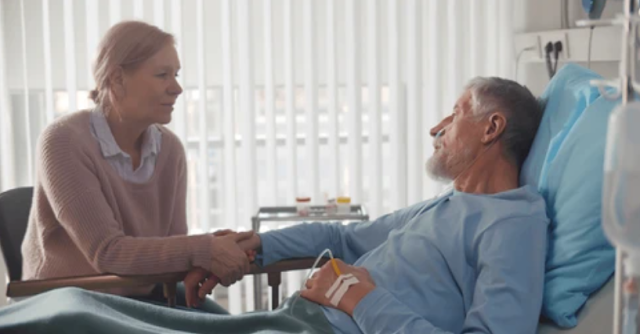Medical Negligence and Elder Abuse: Legal Remedies for Seniors

Medical Negligence and Elder Abuse: Legal Remedies for Seniors
Medical negligence and elder abuse are serious issues that can significantly impact the well-being and rights of seniors. Medical negligence refers to situations where healthcare professionals fail to provide the appropriate standard of care, resulting in harm or injury to elderly patients. Elder abuse, on the other hand, involves intentional harm or neglect inflicted on seniors by caregivers, including healthcare providers. It is crucial to understand the legal remedies available for seniors who have experienced medical negligence or elder abuse. Here's a detailed explanation:
Medical Negligence in Elder Care:
Medical negligence can occur in various healthcare settings that provide care for seniors, such as hospitals, nursing homes, assisted living facilities, and home healthcare. Common examples of medical negligence in elder care include:
- Medication errors, including incorrect dosages or administering the wrong medication.
- Failure to provide appropriate medical treatment or timely intervention.
- Misdiagnosis or delayed diagnosis of medical conditions.
- Inadequate supervision or monitoring of elderly patients.
- Failure to prevent falls or other accidents.
- Inadequate wound care or prevention of pressure ulcers.
- Lack of infection control measures.
- Inadequate communication with the elderly patient or their family regarding treatment options and risks.
Recognizing Elder Abuse:
Elder abuse can take various forms, including physical, emotional, sexual, or financial abuse, as well as neglect. In the context of healthcare, elder abuse can involve mistreatment or neglect by healthcare professionals or caregivers. Signs of elder abuse may include unexplained injuries, sudden changes in behavior, social withdrawal, financial exploitation, and unmet basic needs.
Legal Remedies for Medical Negligence and Elder Abuse:
a. Reporting and Documentation: If there are suspicions or evidence of medical negligence or elder abuse, it is crucial to document the incidents and report them to the appropriate authorities, such as state adult protective services, local law enforcement, or regulatory agencies overseeing healthcare facilities.
b. Civil Lawsuits: Seniors or their legal representatives may pursue civil lawsuits against the responsible parties for medical negligence or elder abuse. To establish a successful claim, it is generally necessary to prove that:
- The healthcare provider or caregiver owed a duty of care to the elderly patient.
- The duty of care was breached due to negligence or intentional misconduct.
- The breach of duty caused harm or injury to the elderly patient.
- Damages resulted from the harm or injury, such as medical expenses, pain and suffering, or loss of quality of life.
c. Criminal Charges: In cases of severe elder abuse involving intentional harm, exploitation, or neglect, criminal charges may be filed against the responsible individuals, potentially resulting in penalties, fines, or imprisonment.
d. Regulatory Actions: Healthcare facilities or professionals found to be responsible for medical negligence or elder abuse may face disciplinary actions by licensing boards or regulatory agencies, which can include license suspension or revocation.
Legal Support and Advocacy:
Seeking legal assistance from an attorney specializing in elder law or medical malpractice is crucial for seniors and their families. These attorneys can provide guidance on navigating the legal process, gathering evidence, and pursuing the appropriate legal remedies. They can also advocate for the rights and interests of the elderly patient, ensuring their voice is heard and their legal rights are protected.
Prevention and Education:
Preventing medical negligence and elder abuse requires a comprehensive approach. This includes raising awareness about the rights of seniors, educating healthcare professionals and caregivers about appropriate care practices, improving oversight and regulation of healthcare facilities, and promoting elder-friendly policies and programs.
Seniors have the right to receive quality healthcare and be treated with dignity and respect. By understanding the legal remedies available, reporting incidents of medical negligence or elder abuse, and seeking appropriate legal recourse, seniors can protect their rights and hold responsible parties accountable.
Seniors have the right to receive quality healthcare and be treated with dignity and respect. By understanding the legal remedies available, reporting incidents of medical negligence or elder abuse, and seeking appropriate legal recourse, seniors can protect their rights and hold responsible parties accountable.














No comments